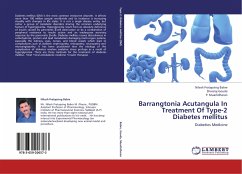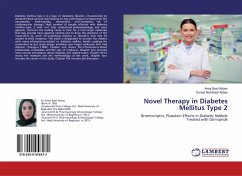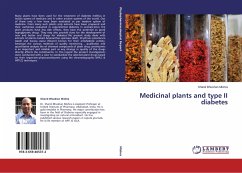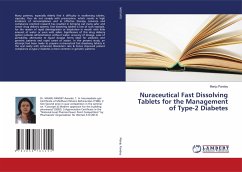Diabetes mellitus (DM) is the most common endocrine disorder. It affects more than 100 million people worldwide and its incidence is increasing steadily with changes in life styles. It is not a single disease entity, but rather a group of metabolic disorders sharing the common underlying feature of hyperglycemia. Hyperglycemia result from an absolute deficiency of insulin caused by pancreatic -cell destruction or by a combination of peripheral resistance to insulin action and an inadequate secretary response by the pancreatic -cells. Diabetes mellitus causes disturbances in carbohydrate, protein and lipid metabolism damaging multi organ systems, especially the kidneys, eyes, nerves, and blood vessels which lead to complications such as diabetic nephropathy, retinopathy, neuropathy and microangiopathy. It has been postulated that the etiology of the complication of diabetes involves oxidative stress perhaps as a result of hyperglycemia. There are three methods for the treatment ofdiabetes mellitus. Diet Oral antidiabetic medicine Insulin therapies
Bitte wählen Sie Ihr Anliegen aus.
Rechnungen
Retourenschein anfordern
Bestellstatus
Storno








